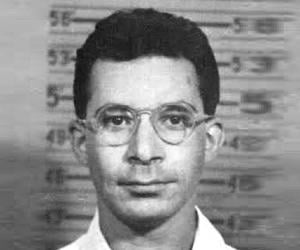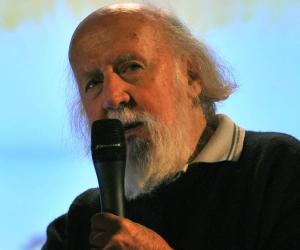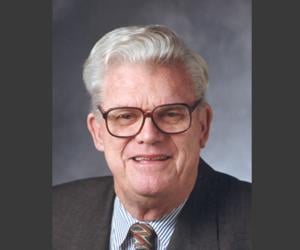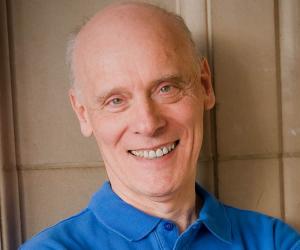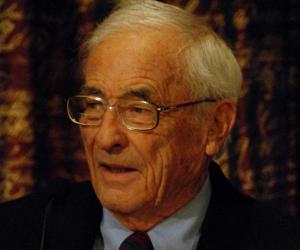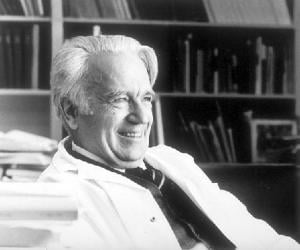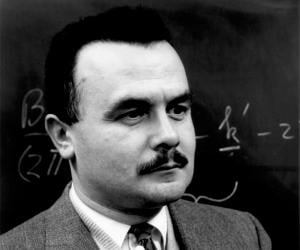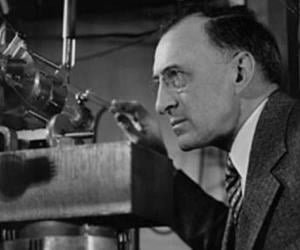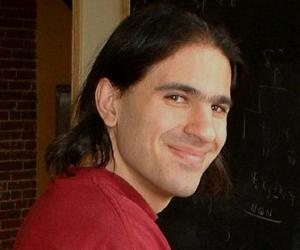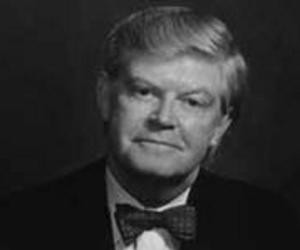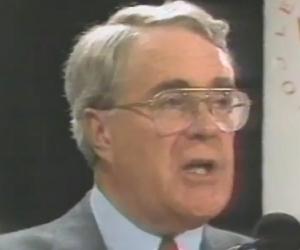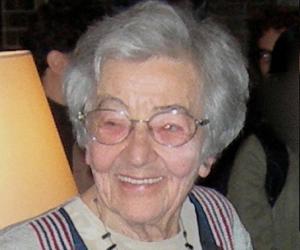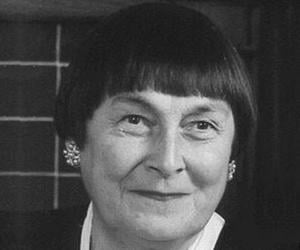1
Donna Strickland
(Optical Physicist, Pioneer in the Field of Pulsed Lasers and Winner of 2018 Nobel Prize in Physics Winner)
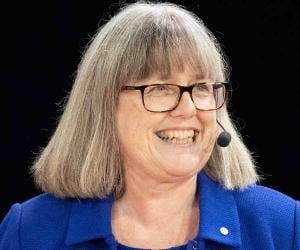
261
5
Birthdate: May 27, 1959
Sun Sign: Gemini
Birthplace: Guelph, Canada
Donna Theo Strickland is a Canadian optical physicist renowned for her innovative work in pulsed lasers. She was awarded the Nobel Prize in Physics in 2018, alongside Gérard Mourou, for their groundbreaking development of chirped pulse amplification. Strickland holds a professorship at the University of Waterloo in Ontario, Canada. She has held various leadership roles within Optica, including vice president and president, and currently chairs its Presidential Advisory Committee. Strickland was also recognized as one of BBC's 100 Women in 2018.
